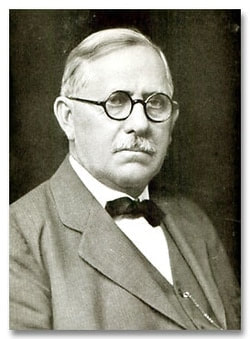
When she does not get her expected answer, the Evil Queen becomes even more evil!
When we think about God and the characteristics of God (sometimes called the attributes of God in theological studies), it is tempting to expect God to look like what we see in the mirror.
Even if we are able to recognize the differences between God’s ways and our own, there are myriads of contenders lined up to influence our image of God. Our nation, our culture, our favorite political party, and even important relationships in our lives can cloud our vision regarding God’s character and attributes. We look into the mirror or into the faces of other people or entities that garner our loyalty, and we attempt to shape God into those images. It has been said that, ever since God created us in His own image (Gen. 1:26-27), we have been seeking to transform Him into ours!
Although we all wrestle with this to some degree, there are ways to refocus our attention on the Living God and allow God to transform us more and more into His own image (see I Cor. 3:18).
The first step is to recognize the voices that are competing for God’s rightful place in our lives. The writer of Hebrews reminds us to “throw off everything that hinders us and the sin that so easily entangles” (Heb. 12:1). In other words, we can refuse to let competing voices move us away from seeking God through reading Scripture and through His work in the Church. Also, we can stay focused on the ways of Jesus, who is “the image of the invisible God” (Col. 1:15). By elevating the ways of Jesus over the ways of our culture or of our favorite political affiliations, we can boldly embrace the true God and become more effective in reaching others for His kingdom.
May we be intentional about ridding ourselves of any idols that we have elevated to “godlike” status, and may we turn again to the faithful and loving ways of Jesus so that we may truly know the Father and be transformed by His grace.
Prayer:
Lord, keep me from worshipping the many good gifts You have given me instead of thanking and worshiping You for them. Keep me from the smallest hint of idolatry, and remind me during temptation that to choose an idol is to reject grace and grieve Your Spirit. Remind me that the worship of money, sex, power, family, possessions, or work is both worthless and tragically foolish, like trying to quench my thirst with a gallon of saltwater. Discipline me in Your grace when I stray and convict me by Your Spirit. In the mighty name of Jesus, Amen. (Adapted from a prayer by Kevin Halloran)
This post was written by Charles W Christian of Holiness Today. You can find his original post here: holinesstoday.org/in-whose-image









 RSS Feed
RSS Feed